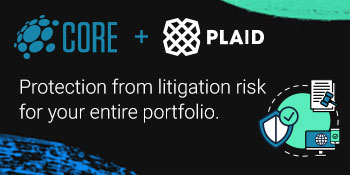TSMC, Samsung… And Maybe Intel? Why Tesla's Chip Strategy Is Trying To Cover Every Foundry
Author: Surbhi Jain | November 07, 2025 11:26am
Elon Musk has a new problem — and it's not demand for Tesla Inc‘s (NASDAQ:TSLA) cars. It's the global shortage of silicon to power his next wave of AI ambitions. "How do we make enough chips?" he asked at Tesla's annual shareholder meeting, sounding less like a car CEO and more like a semiconductor executive.
Musk revealed that Tesla is already working with both Taiwan Semiconductor Manufacturing Co Ltd (NYSE:TSM) and Samsung Electronics Co., Ltd (OTCPK:SSNLF) to manufacture its upcoming AI5 chip — the brain behind Tesla's self-driving systems and AI infrastructure.
But even that, he warned, won't be enough. "Even when we extrapolate the best-case scenario for chip production from our suppliers, it is still not enough," he said. That's why Tesla is now exploring potential talks with Intel — and, in true Musk fashion, considering an even bolder move: building its own "TeraFab."
Musk's Foundry Shuffle
For an automaker, juggling TSMC, Samsung, and possibly Intel Corp (NASDAQ:INTC) sounds like overkill. For Musk, it's insurance. As AI models grow and Tesla's own Dojo supercomputer scales, the demand for advanced chips is exploding. Relying on any single foundry could choke Tesla's AI roadmap. Diversifying production across multiple fabs, and eventually building one in-house, gives Musk control over his most crucial input.
"I have a lot of respect for our partners, TSMC and Samsung," he said. "Maybe we'll do something with Intel — we haven't signed any deal, but it's probably worth having discussions." Translation: Musk is playing the field to guarantee Tesla's chip pipeline stays open, even as global foundry capacity remains tight.
The Bigger Bet
This strategy isn't just about supply — it's about scale. Musk wants Tesla's AI chips to evolve faster than the industry's cadence, moving from AI5 to AI6 "within less than a year" and "doubling all performance metrics." To pull that off, he may need to own the process from design to wafer.
If Tesla follows through on the TeraFab vision, it would mark a stunning pivot — from automaker to vertically integrated AI hardware giant. For now, Musk's question still hangs in the air: “How do we make enough chips?”
But, judging by his tone, he's not waiting for TSMC, Samsung, or Intel to answer it for him.
Read Next:
Photo: Shutterstock
Posted In: INTC SSNLF TSLA TSM




